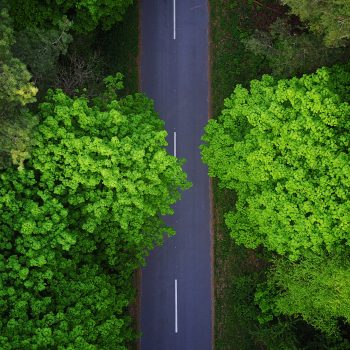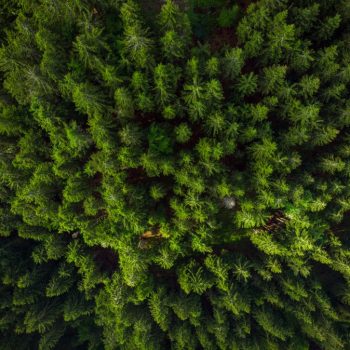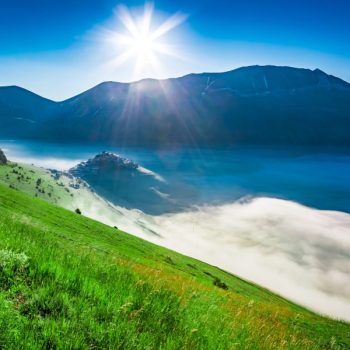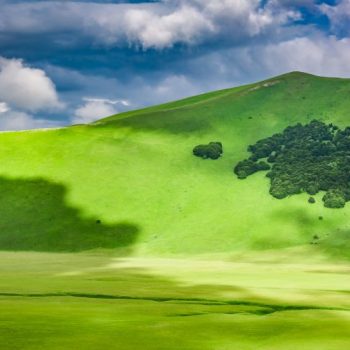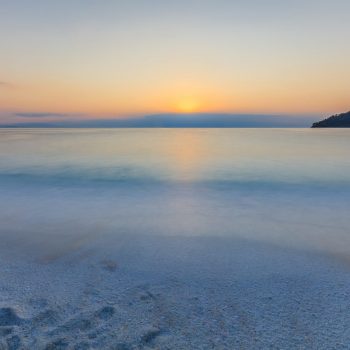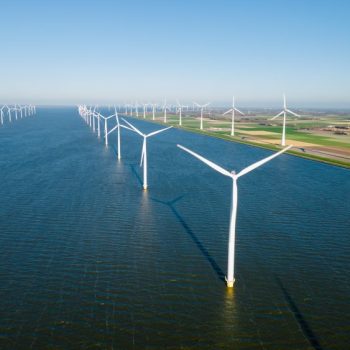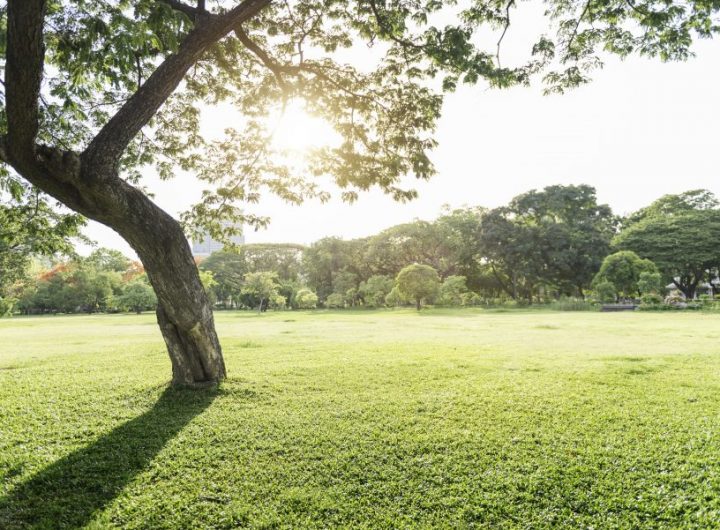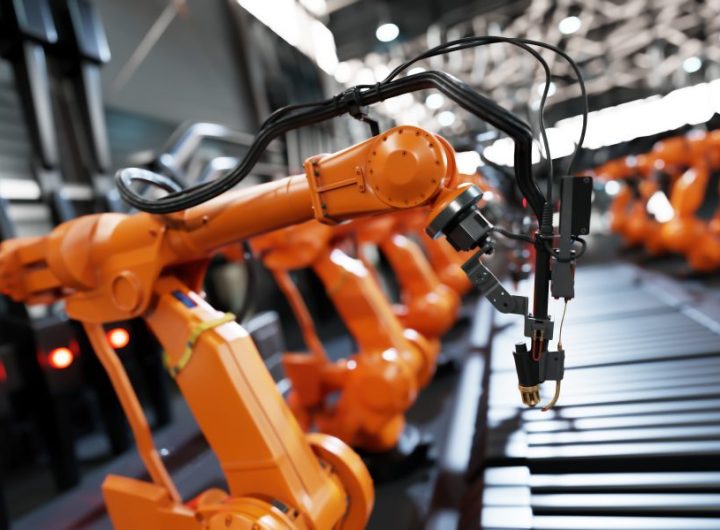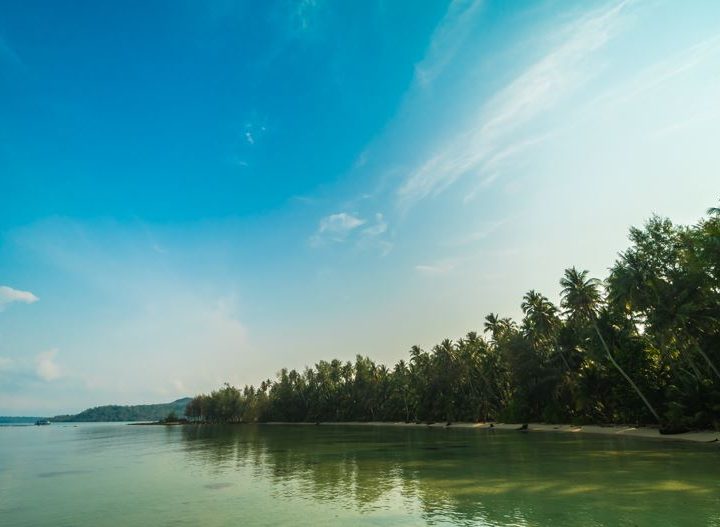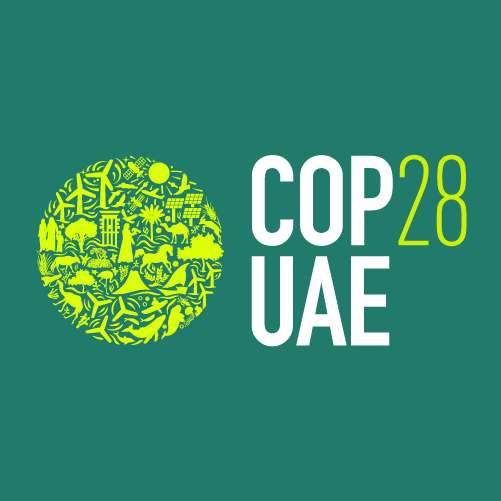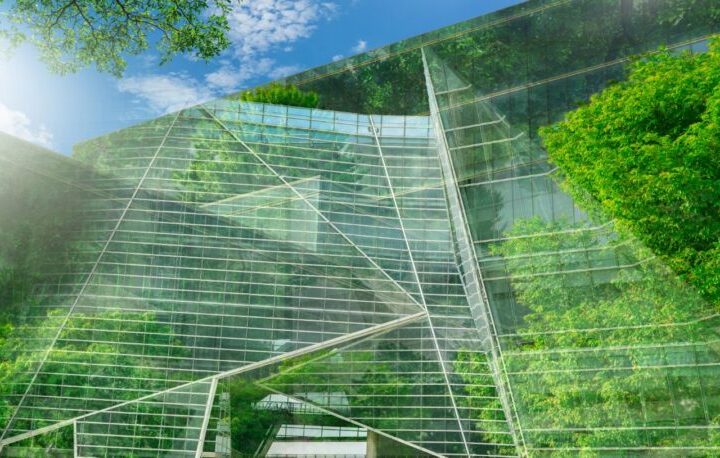
March 11 marks one year since COVID-19 was officially declared a pandemic. While the past year has been tremendously challenging, there have been remarkable stories of human resilience, ingenuity, and creativity.
On this grim anniversary, we wanted to bring you stories from around the world that inspire. The following six stories are not billion-dollar projects, but the tales of everyday entrepreneurship and innovation happening on a small scale with a big impact. The World Bank Group is continuing to support the poorest countries as they look to a build a sustainable, resilient, and inclusive recovery.
1. Lao PDR: Unlocking the Full Potential of Small- and Medium-Sized Enterprise
The village of Phailom is situated about an hour’s drive outside the capital, Vientiane. In recent years village’s network of talented woodworking artisans have become renowned suppliers of souvenirs to tourists wishing to remember their visit to the Lao People’s Democratic Republic.
Among these artisans is Vorachith Keoxayayong, who has been continuing this village’s long tradition of wood sculpture since he was a child.
His art is not just a hobby, however. His company, Vorachith Wood Carving, employees 23 people – providing meaningful and sustainable employment in his community. Small enterprises, like his, as well as medium-sized enterprises account for more than 80 percent of employment and some 94 percent of all registered firms in Lao PDR, according to the Lao Statistics Bureau.
With the onset of COVID-19 and decreased tourism, the artisans of Phailom — like other small- and medium-sized enterprises (SMEs) across Lao PDR — have been hit hard.
The pandemic has created new challenges for these enterprises, many of which were already struggling for other reasons. Despite their highly-refined skills and popularity with tourists, Mr. Vorachith and other entrepreneurs behind SMEs across the country struggle to access credit, and this limits their ability to expand operations and grow their employee base.
The situation has started to change, however. The World Bank Group’s SME Access to Finance Project has unlocked formal funding that was once out of reach for many of these firms.
“In the past, expanding was tough as we had to take out informal loans with very high interest rates. I feel much more at ease borrowing money from a bank,” explained Mr. Vorachith.
While their economic recovery will be a long process, the World Bank and the Lao government are building on the success of the SME Access to Finance project, forging pathways to help small companies weather the effects of the pandemic and get their firms back on solid financial ground as travel restrictions are gradually lifted.
2. Costa Rica: Women Firefighters on the Frontlines of Resilient Recovery
As Costa Rica – like countries the world over – looks to mount a sustainable, resilient recovery after COVID-19, the country’s brigadistas will be on the frontlines.
These female firefighters are gaining increasing recognition for fighting stereotypes just as effectively as they fight the country’s pervasive forest fires. Protecting the country’s forests is a central to Costa Rica’s efforts to promote sustainability and tackle climate change.
“There is always that myth or macho thought that a woman cannot grab a machete, a back pump, a leaf blower, that she can’t go up a big hill,” says one brigadista, Ana Luz Diaz.
Women in Costa Rica play key roles in conservation and the sustainability of forests and farmland. But they – as is the case in many countries – face gender stereotypes and disproportionately burdensome caregiving responsibilities. These factors can limit their ability to play bigger roles in green activities and projects.
However, efforts are underway to address these disparities, and better recognize the unique ways that men and women contribute to efforts related to the environment, forestry, and climate action.
“I want to be someone, to be seen, not be invisible. I want both men and women to see each other and the support that we too can give,” said another brigadista, Melissa Aviles.
In 2019, Costa Rica, with funding from the Forest Carbon Partnership Facility (FCPF), a World Bank Group program, developed a Gender Action Plan (GAP) that supports the country’s efforts to reduce emissions stemming from forest degradation and deforestation.
The GAP will play a central role in shaping Costa Rica’s recovery into one that is not just sustainable and resilient, but inclusive as well, and the country is sharing its experience and knowledge with others so that they may benefit as well.
3. Pakistan: Prioritizing Patients by Phone
Pakistan’s rural population, like so many people around the world, struggles to find affordable access to health services. Journeys into populated cities to seek care are costly – especially when multiple trips are required. And when the pandemic struck these problems were magnified.
But what if healthcare could be made more accessible? What if routine services could be conducted by phone?
That’s where Pakistani entrepreneur Maliha Khalid enters the story. She and her team run Doctory, a hotline service that helps patients avoid the multiple referrals often required for treatment by connecting people to the right doctor immediately. The innovative company, alongside six others, beat out 2,400 other applicants to win the World Bank Group’s SDGs & Her competition last year.
When the pandemic reached Pakistan, the Doctory team sprang into action, launching Pakistan’s National COVID-19 Helpline, connecting people across the country to fast, high-quality care – saving them countless amounts of time and money.
4. Kenya: Creating Sustainable Jobs for Youth
When the Kenyan government implemented lockdown measures to help contain the spread of COVID-19, the economic side effects were felt especially by poor communities.
Finding opportunity in crisis, the government created the National Hygiene Program – known colloquially as Kazi Mtaani (loosely translated as “jobs in our hood”) – which finds meaningful employment for the most vulnerable, especially youth, in jobs that improve their environments.
These programs include bush clearance, fumigation, disinfection, street cleaning, garbage collection, and drainage clearance.
Byron Mashu, a resident of the Kibera settlement, express his gratitude for the program, saying that it allowed youth to “fend for our families and settle our bills, but it is also ensuring that young people are less idle as they are engaged at work during the day which has significantly minimized crime rates in our area”.
The program was kickstarted through World Bank Group’s Kenya Informal Settlements Improvement Project, which has seen jobs created across 27 settlements in eight counties across the country.
Don Dante, a youth leader in the Mukuru Kwa Njenga settlement, told the Bank that as a result of the program, “We have seen the reduction of petty crimes and dependency on other people and our environs are clean”.
Given the project’s success and popularity, the Kenyan government is working to expand it using its own financing – extending jobs to 283,210 workers across 47 counties.
5. Greece: Supporting Small Food Producers and Supplying the Vulnerable
The Greek entrepreneur lived through the Greek Financial crisis, witnessing suffering and rising poverty. From those experiences she decided to dedicate her work towards addressing social needs.
Her business, Wise Greece, connects small-scale food producers with those in need by providing a six kilogram box of basic food and supplies. Melina won the SDGs and Her competition in 2020.
When COVID-19 entered the scene, Wise Greece didn’t sit idly by. Instead, they moved quickly to partner with multinational companies to provide these boxes not just to those in need, but also to the elderly and vulnerable who can’t leave their homes.
Since 2013, the company has contributed some 50 tons of food supplies. During the pandemic alone, it has made at least 6 tons available to vulnerable communities.
6. Chad: Kickstarting Sanitizer Production
With the pandemic sparking unprecedented demand for sanitizing products, supply chains around the world were hammered.
“People waited in line sometimes for hours to procure the alcohol-based sanitizer,” reported the World Bank’s Edmond Dingamhoudou in Chad’s capital, N’Djamena. “Some went so far as to cross the border to stock up in Kousseri, a Cameroonian city some 20 kilometers from N’Djamena on the opposite bank of the Logone River.”
With these critical supplies difficult to find, officials and scientists came together in record time. A laboratory constructed with support of the International Development Assocation was repurposed for the quick and effective manufacturing of gel hand sanitizer – launching Chad’s first ever local production of the product.
As of mid-April 2020, the facility was able to produce approximately 900 liters of hand sanitizer per day, with 20 to 25 technicians overseeing production, quality control, and packaging.
You could find more about this article on the website worldbank.org HERE

